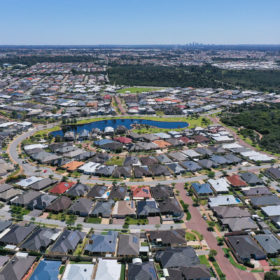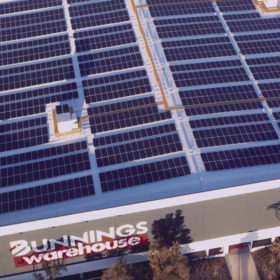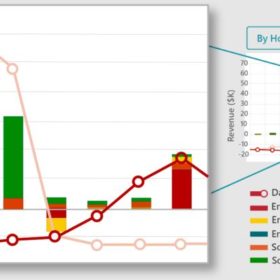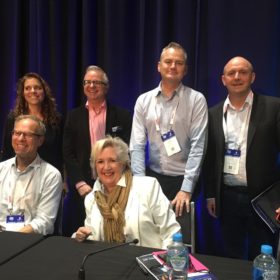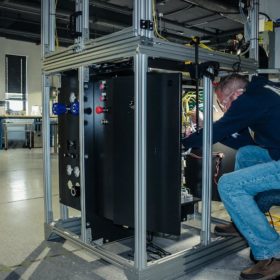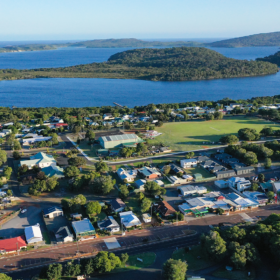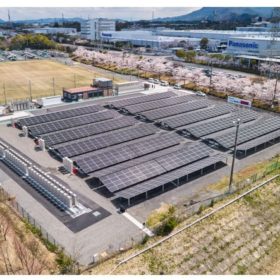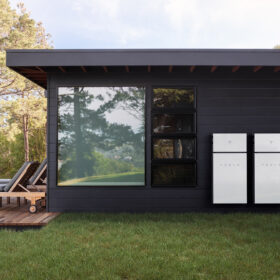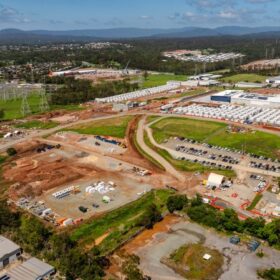Heat-storage building material to passively cool PV systems, batteries
German researchers have developed a new shape-stabilised phase change material with the ability to store up to five times more thermal energy than commercially available phase change materials (PCMs).
VPP pilot provides glimpse of future in DER-rich grid
Western Australia has been offered a glimpse of its energy future with the $35 million Project Symphony aggregating its first package of residentially generated energy and successfully participating in a simulated two-way Wholesale Electricity Market.
Weekend read: Australia’s looming solar cliff
Some believe Australia has begun to tip over the “solar cliff,” reaching penetrations that are becoming disruptive to the balance of the grid and to the business models of solar companies themselves. Following notable exits from the market, alarm bells are ringing for solar companies to offer more than just solar installations, writes pv magazine’s Bella Peacock.
UL releases modelling software for utility scale energy storage
The software, called HOMER Front, is designed for standalone or hybrid solar or wind-plus-storage applications, aimed at maximising revenue streams.
It’s 2030 and Australia’s energy landscape looks like…
As part of the Smart Energy Conference held in Sydney last week, the Smart Energy Council’s Scott Hamilton ran a session on Australia’s hypothetical energy landscape in 2030. This is how panelists Simon Holmes á Court, Jane Caro, Richard Denniss, Karrina Nolan and Professor Iain MacGill think we’ll be living at the decade’s close.
Storing renewables with high-rise elevators
Lift Energy Storage Technology is a proposed long-term storage solution that relies on elevators to bring solid masses to the tops of buildings in charging mode. It then lowers the same mass to produce electricity in discharge mode.
US startup claims hydrogen output for $1.2/kg or less via new water vapour electrolyser
Advanced Ionics has developed an electrolyser that runs at temperatures below 650 C. It is reportedly able to produce hydrogen for US$0.85/kg (AU$1.2/kg) or less. CEO Chad Mason recently spoke with pv magazine to provide a closer look at the water vapour electrolysis tech.
Indonesia’s Riau Islands set for more big solar and storage
Developers are moving fast to meet Singapore’s clean energy needs by establishing overseas solar-plus-storage plants, with a strong focus on facilities in neighbouring Indonesia.
WA town to be powered by pumped-hydro microgrid
The town of Walpole on Western Australia’s southernmost tip will soon be powered by a pumped-hydro microgrid, a first for the state which is already renowned for its rollout of microgrids and distributed renewable solutions.
Panasonic combines fuel cells, batteries, PV to power factory in Japan
Japan’s Panasonic claims its new pilot solar-plus-hydrogen facility marks the first attempt to create a factory powered by 100% renewables, via the full-scale use of hydrogen.

